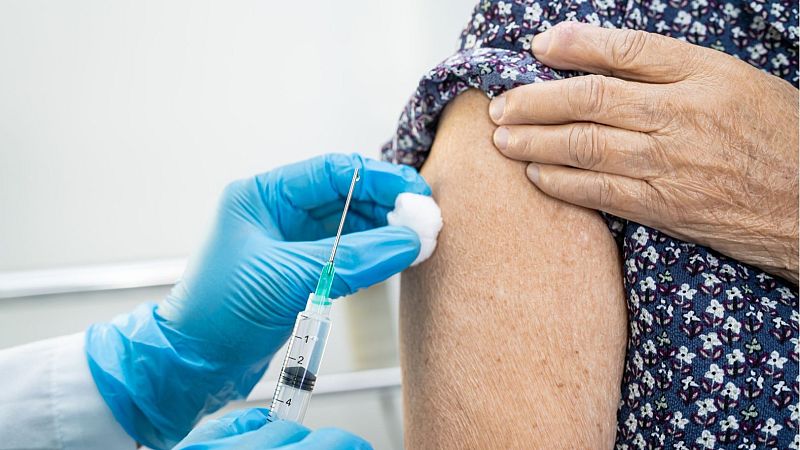Shingles vaccine could lower risk of heart attack and stroke, study finds

The shingles vaccines may lower the risk of heart attack and stroke, a new analysis has found.
Researchers examined data from 19 existing studies and found that adults vaccinated against herpes zoster, commonly known as shingles, had an 18 per cent lower risk of serious heart problems.
Among people ages 50 and older, the risk reduction was 16 per cent.
Notably, the pharmaceutical giant GSK, which makes a shingles vaccine, funded the study, and the findings have not yet been published in a peer-reviewed journal.
Dr Charles Williams, one of the study’s authors and global associate medical director of global medical affairs - vaccines at GSK, said the findings were “encouraging”.
“We looked at the currently available evidence, and found that in this analysis, vaccination against [shingles] was associated with a lower risk of cardiovascular events, such as heart attacks or strokes,” he said in a statement.
Shingles – which causes a painful rash of fluid-filled blisters that can take weeks to clear up – is caused by the varicella-zoster virus, which also causes chickenpox.
Previous studies have indicated shingles raises the risk of stroke and heart attack, possibly by causing inflammation and damaging blood vessels. That prompted scientists to question whether vaccination could curb those risks.
There are two types of shingles vaccines: a recombinant herpes zoster vaccine (RZV) and a live attenuated zoster vaccine (ZVL). Vaccinated people were less likely to experience heart problems regardless of which jab they had, the study found.
However, Williams also cited some limitations of the analysis. Most of the data came from observational studies, which means they cannot prove that the vaccine directly lowered the risk of heart attack and stroke.
He called for additional studies to “find out whether this association can be attributed to an effect of herpes zoster vaccination”.
It is the latest study to probe the health benefits of the shingles vaccine beyond preventing the infection itself. Earlier this year, independent research found that the jab may lower the risk of dementia.
The latest results are being presented this weekend at the 2025 European Society of Cardiology Congress in Madrid.
Today

